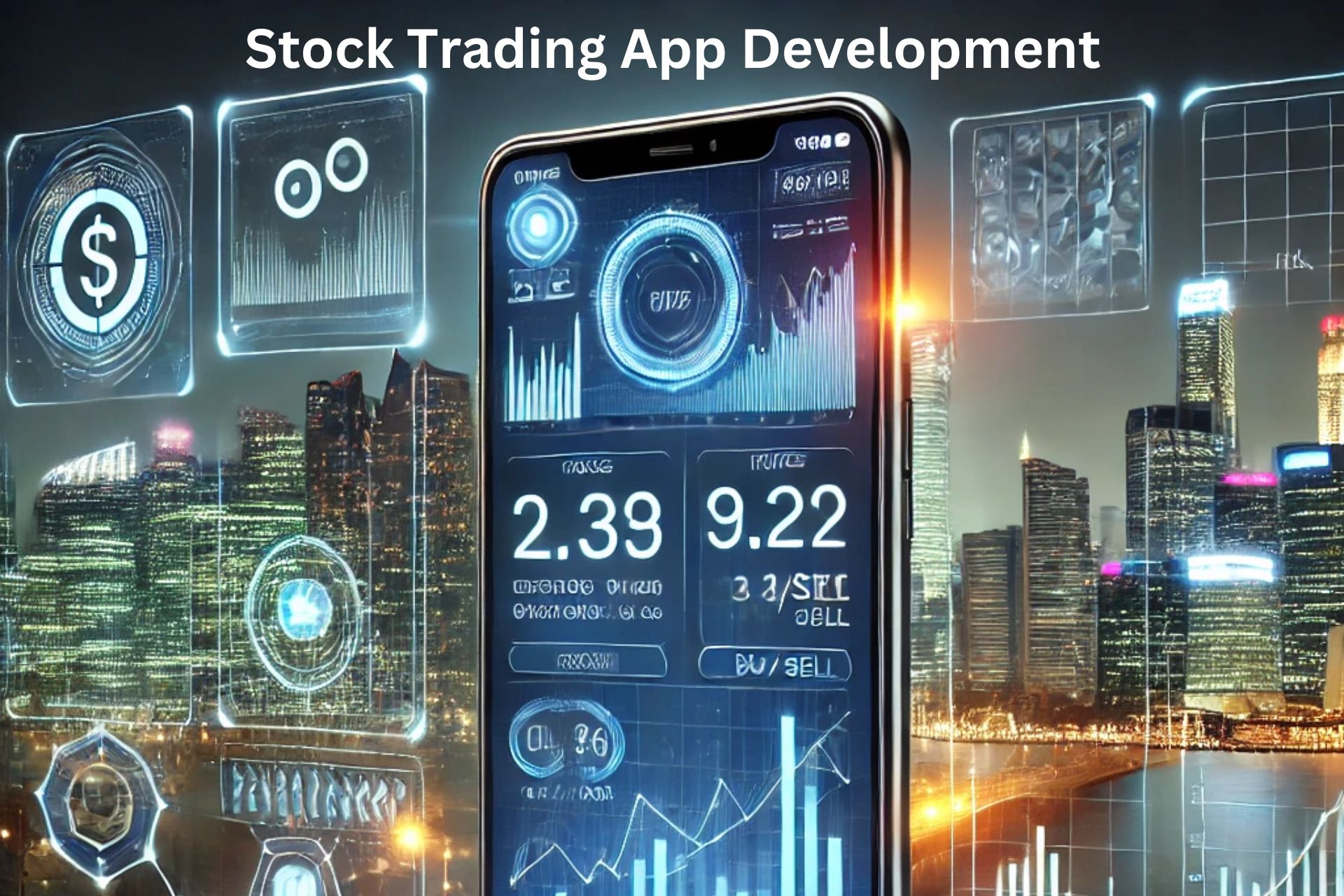The Future of Property Management Software Development

Strong 8k brings an ultra-HD IPTV experience to your living room and your pocket.
As per my research, the property management industry is undergoing a significant transformation, and much of this change is driven by advancements in software technology. Property management software has become a critical tool for property owners, managers, and real estate professionals to streamline operations, enhance tenant experiences, and boost profitability.
In this article, I’ll share my thoughts and findings on the future of property management software development, including the trends, challenges, and innovations shaping this industry. Let’s explore how property management software development services are evolving to meet the demands of a fast-paced world.
What is Property Management Software?
Property management software is a digital solution designed to simplify and automate various tasks associated with managing properties. These tasks include tenant communication, rent collection, maintenance scheduling, and financial reporting. Over the years, property management software has evolved from basic tools to sophisticated platforms integrated with cutting-edge technologies like AI and IoT.
As I found during my research, modern property management software is no longer limited to handling day-to-day operations. It now plays a strategic role in enhancing tenant satisfaction, reducing costs, and optimizing resource allocation.
Trends in Property Management Software Development
The future of property management software development is exciting, with several trends gaining momentum:
1. Artificial Intelligence (AI) and Machine Learning
AI-powered property management software can analyze large volumes of data to provide actionable insights. For example, predictive analytics can forecast tenant behavior, helping property managers anticipate and address issues before they arise. As per data available, AI integration can improve operational efficiency by up to 30%.
2. Internet of Things (IoT)
IoT-enabled devices like smart locks, thermostats, and sensors are becoming standard in modern properties. Property management software integrated with IoT can monitor and control these devices remotely, enhancing convenience and security for tenants.
3. Blockchain Technology
Blockchain is transforming property management by enabling secure and transparent transactions. From lease agreements to payment processing, blockchain ensures that all data is immutable and accessible only to authorized parties.
4. Cloud-Based Solutions
Cloud technology is making property management software more accessible and scalable. Cloud-based platforms allow property managers to access data and manage properties from anywhere, ensuring seamless operations.
5. Customizable Solutions
In my experience, the diverse needs of property managers are no longer met by one-size-fits-all solutions. Custom property management software development services are gaining traction, offering tailored features that address specific requirements.
Benefits of Advanced Property Management Software
The evolution of property management software brings numerous benefits:
- Enhanced Efficiency: Automation reduces manual tasks, saving time and resources.
- Improved Tenant Satisfaction: Features like online rent payment and instant maintenance requests enhance the tenant experience.
- Cost savings: predictive maintenance and resource optimization help reduce operational costs.
- Data-Driven Decisions: Advanced analytics provide insights to make informed decisions.
As per industry reports, businesses using property management software experience a 20% increase in productivity and a 15% reduction in operating costs.
Challenges in Property Management Software Development
Despite its potential, developing property management software is not without challenges.
1. Data Security
Data security is a top priority due to the increasing cyber threats. Property management software must comply with data protection regulations to safeguard sensitive information.
2. Integration Issues
Integrating property management software with existing systems can be complex. Seamless integration requires careful planning and execution.
3. High Development Costs
Custom property management software development services can be expensive, especially for small businesses. Striking a balance between cost and functionality is crucial.
4. User Adoption
Introducing new technology often faces resistance from users accustomed to traditional methods. Comprehensive training and support are essential to ensure smooth adoption.
The Role of a Property Management Software Development Company
A property management software development company plays a pivotal role in shaping the future of this industry. These companies leverage their expertise to create innovative solutions tailored to the needs of property managers.
Key Services Offered:
- Custom Software Development: Building personalized platforms with features specific to the client’s requirements.
- Mobile App Development: Creating user-friendly apps for property managers and tenants.
- Integration Services: Ensuring seamless integration with existing systems.
- Ongoing Support: Providing maintenance and updates to keep the software running smoothly.
As per my research, partnering with a reputable property management software development company can significantly impact a business’s efficiency and growth.
Future Innovations in Property Management Software
1. Virtual Reality (VR) and Augmented Reality (AR)
VR and AR are set to revolutionize property viewings. Tenants can explore properties virtually, saving time and resources for both parties.
2. Green Technology Integration
Sustainability is becoming a priority in property management. Future software solutions will likely incorporate features to monitor energy consumption and promote eco-friendly practices.
3. Voice-Activated Systems
Voice assistants like Alexa and Google Assistant are being integrated into property management software, allowing hands-free operation for tasks like scheduling maintenance or checking rent status.
Conclusion
In my view, the future of property management software development is promising and brimming with opportunities. With advancements in technology and growing demand for efficiency, property management software is set to become even more indispensable.
Whether you’re a property owner or a real estate professional, investing in property management software development services can give you a competitive edge. Collaborating with a reliable property management software development company ensures that you stay ahead in this dynamic industry.
As per data available, the global property management software market is expected to reach $21 billion by 2030, growing at a CAGR of 7.3%. This growth highlights the increasing reliance on technology to manage properties effectively.
The journey ahead is exciting, and I’m optimistic about the innovations and solutions that will continue to redefine property management. If you’re considering adopting or upgrading your property management software, now is the perfect time to act.
Note: IndiBlogHub features both user-submitted and editorial content. We do not verify third-party contributions. Read our Disclaimer and Privacy Policyfor details.





